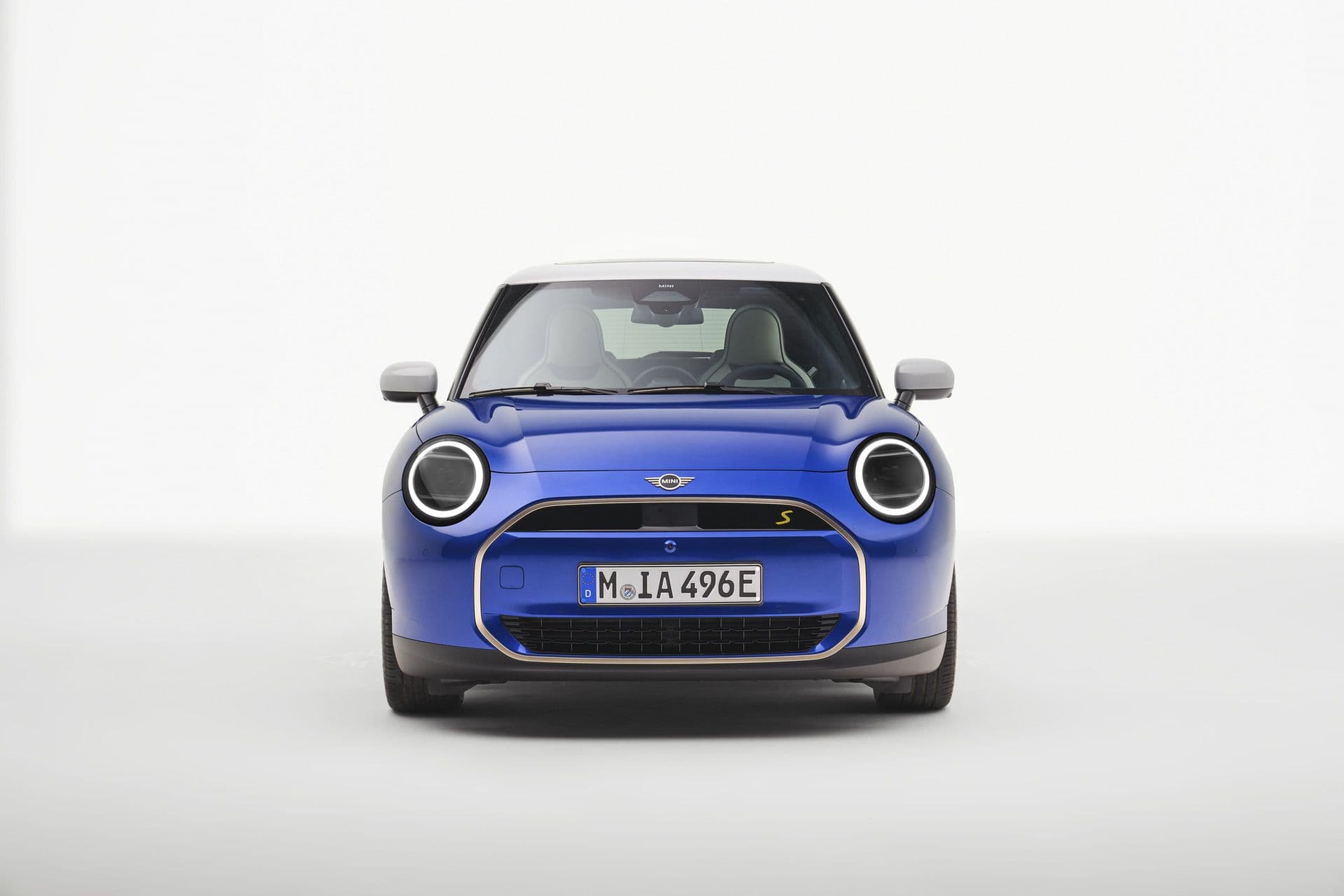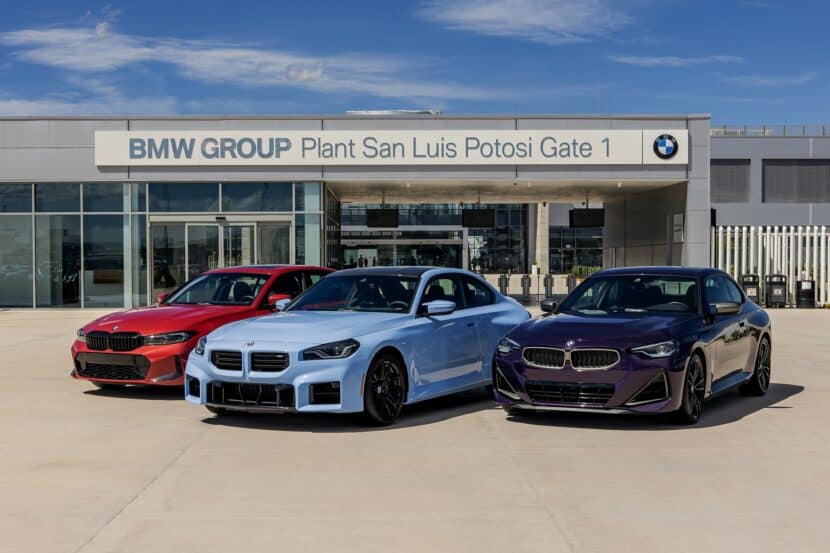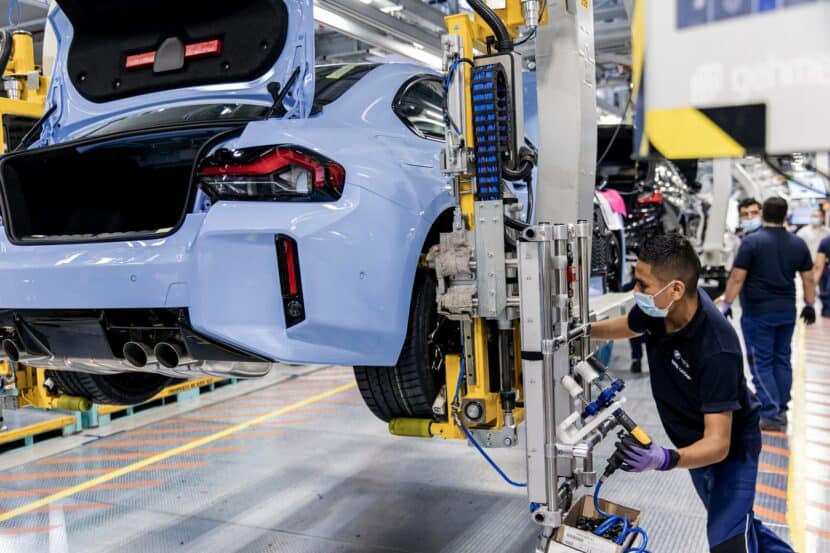The European Commission has allegedly signaled to BMW and Volkswagen that it may consider lowering tariffs on the two carmakers’ imports of China-made electric vehicles, according to Reuters. The European Commission is willing to classify BMW as cooperating companies, which would make them eligible for a reduced tariff of 20.8% on their China-made models, down from the current planned tariff of 37.6%.
This potential reclassification would apply to BMW’s China-made electric MINI Cooper (J01 codename). These new Cooper models were not part of Brussels’ sample analysis in the lead-up to the tariff announcement, resulting in their automatic subjection to the highest tariff level. If agreed upon, this compromise by Brussels would mark a significant early concession on tariffs that will offer a great financial relief to BMW.

For instance, BYD’s cars received a relatively light 17.4% tariff because it cooperated with the investigation and was judged to receive less state aid than some other automakers. Ironically, BMW is one of the German car brands that have opposed the tariffs, not merely because they make importing its own China-built cars to Europe more expensive.
BMW set a global sales record in 2023 when China was by far its largest individual market. A whopping 826,300 cars were delivered last year, and that wasn’t even the highest number ever. In 2021, BMW sold 847,900 vehicles in the country. With that in mind, it shouldn’t come as a surprise that the company’s CEO revealed plans for further investments in the People’s Republic. As a reminder, the local BMW Brilliance Automotive joint venture was founded back in May 2003. Originally a 50:50 deal, BMW increased its share in the JV to 75% a couple of years ago.
BMW Group is already investing heavily in their Oxford, UK, plant to produce electric vehicles in the future, including the Cooper and Aceman. [Source: Reuters]





































































